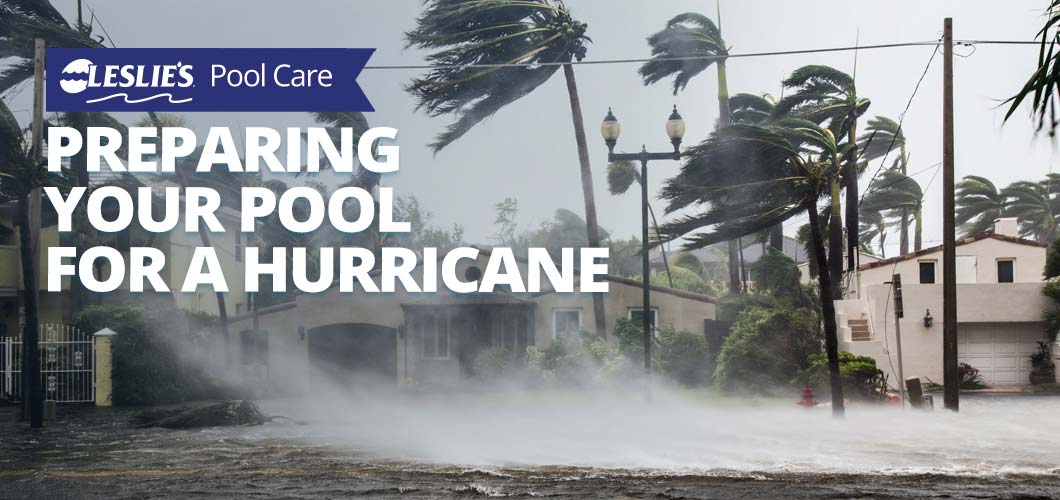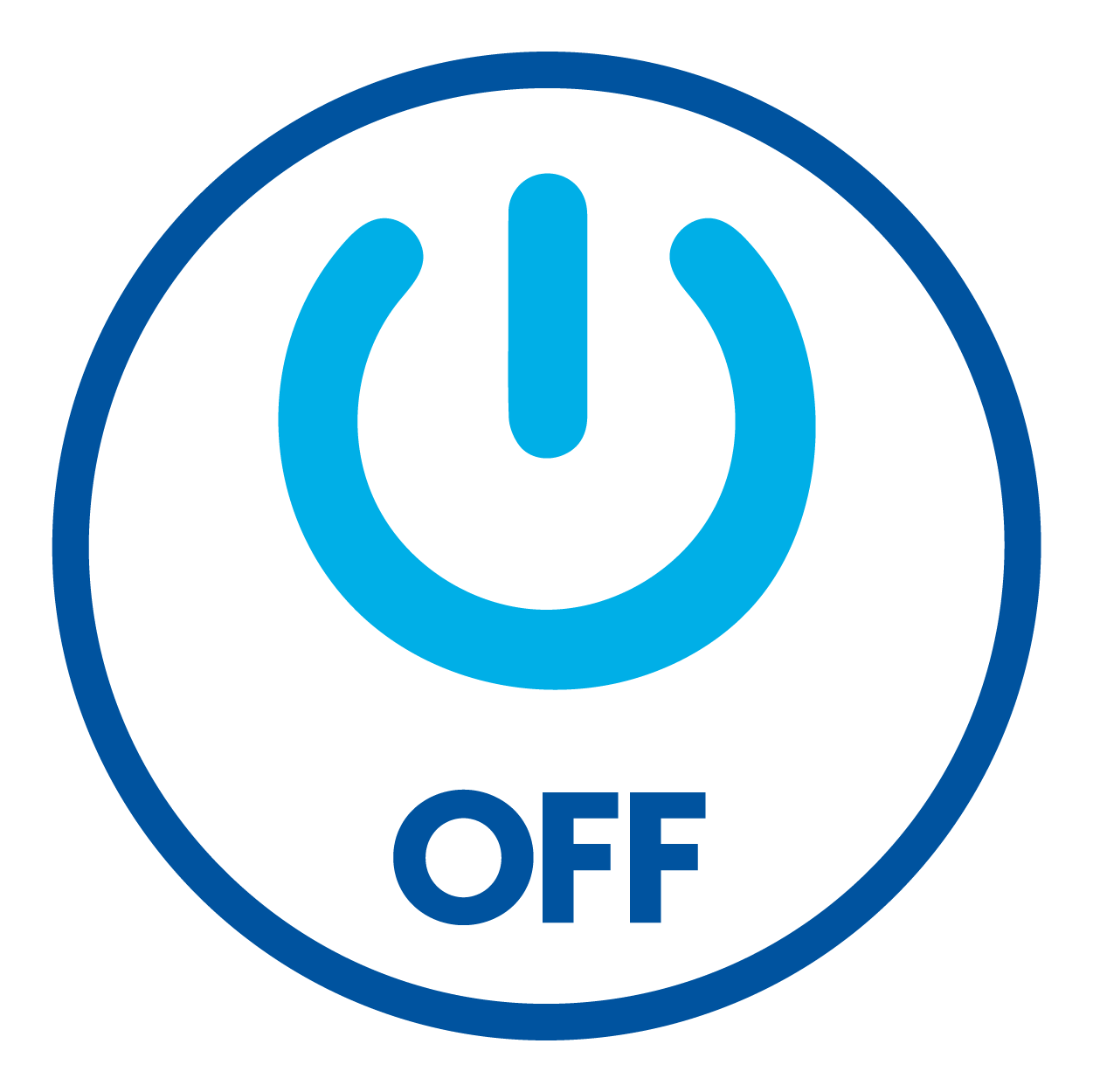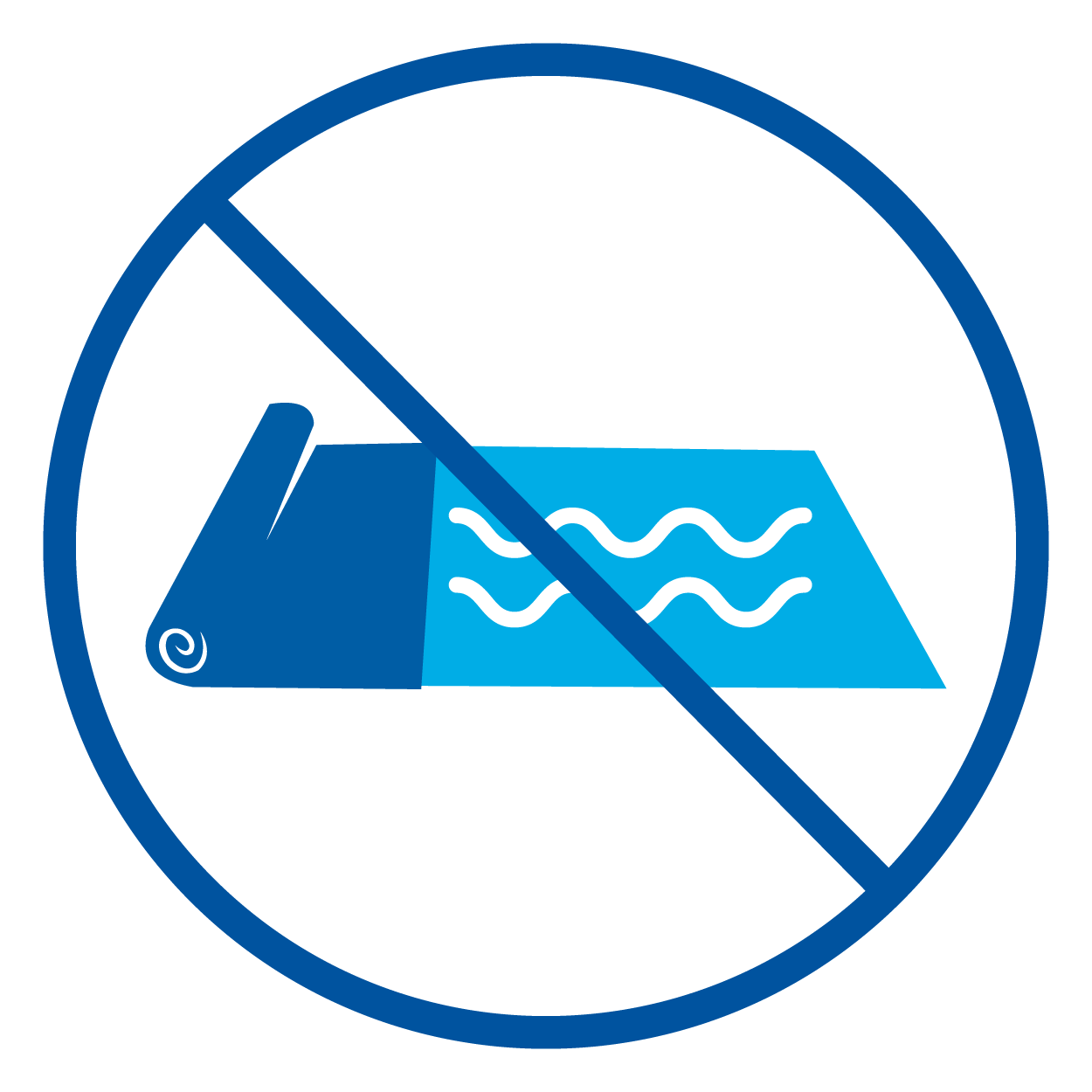
7 Tips to Prepare Your Pool For a Hurricane
When hurricane season comes, it means more than just the arrival of powerful storms. For those who live in areas affected by hurricanes, it means it's time to be on guard for whatever Mother Nature might send your way. Hurricanes can damage homes, businesses and much more, including our swimming pools. In addition to the potential damage, pools can also get contaminated with dirt, silt, bacteria, and other organic debris.
When the forecast calls for hurricanes or strong tropical storms in your area, Leslie's is here to help. Below, you'll find seven helpful tips to protect your pool against potential issues brought on by a hurricane or tropical storm.
Highlights include:

Don't empty the pool.

Turn off power to protect pool equipment.

Add extra chlorine to the water.

Don't cover your pool.

Protect your safety fence or screen enclosure.
1. Don't Empty the Pool
Water in the pool provides weight to keep the pool in the ground. An empty pool can float or pop out of the ground due to pressure from excessive ground water caused by heavy rains.
Also, keeping water inside your pool, despite the possibility of contamination, will provide an easier cleanup compared to an empty pool.
2. Turn Off Power
Another key to pool hurricane preparation is making sure circuit breakers at the main electrical panel are turned off. Pool equipment such as pump motors, pool lighting, automatic chlorinators, and heaters should not operate during the storm.
3. Protect Electric Pool Equipment
Wrap the pool pump, time clock, light transformers, pool heaters, and other electrical components with waterproof plastic. Tie securely in place to prevent sand and water from entering. If flooding is expected, disconnect these devices and store them in a dry place.
4. Remove Loose Items
Chairs, tables, pool toys, and other loose items can become dangerous projectiles in high winds. It’s best to store them inside, away from the storm. Never put objects in the pool to protect them from a storm. Not only can this damage the objects, but it can cause serious metal staining problems in your pool water. This is especially true for most patio furniture.
5. Add Extra Chlorine to the Pool
To prevent contamination from debris and excessive storm water, add chlorine pool shock. It's also a good idea to add the correct dose of Algae Control to quickly eliminate organic contaminants that enter the water. Always read and follow all product label instructions for best results.
BONUS TIP: A well-balanced pool will maintain an effective Free Available Chlorine level longer than one that isn't. Learn more about pool water in our guide, Pool Chemistry 101.
6. Don't Cover the Pool
Hurricanes can cause falling branches and other flying debris that may damage pool covers. It's easier to remove debris from the pool than it is to replace a cover. Keep the cover off the pool to prevent unwanted damage and avoid dealing with a difficult removal, which may result from the cover being full of heavy water and debris.
7. Protect Your Safety Fence or Screen Enclosure
If you have a solid pool safety fence, you may want to create a vent for wind to flow through, which will help prevent damage. If possible, remove screen panels on opposite sides of any enclosure.
Even if you prepare your pool properly, severe weather can affect any pool. You will almost certainly need to clean your pool in some capacity after the hurricane or tropical storm has passed. But don't worry! We have a few helpful tips on how to recover your pool. If you still have questions or need help with the cleanup process, call or stop by your local Leslie's for a free in-store water analysis. We'll provide you with easy-to-follow steps and a treatment plan to help get your pool water back on track.